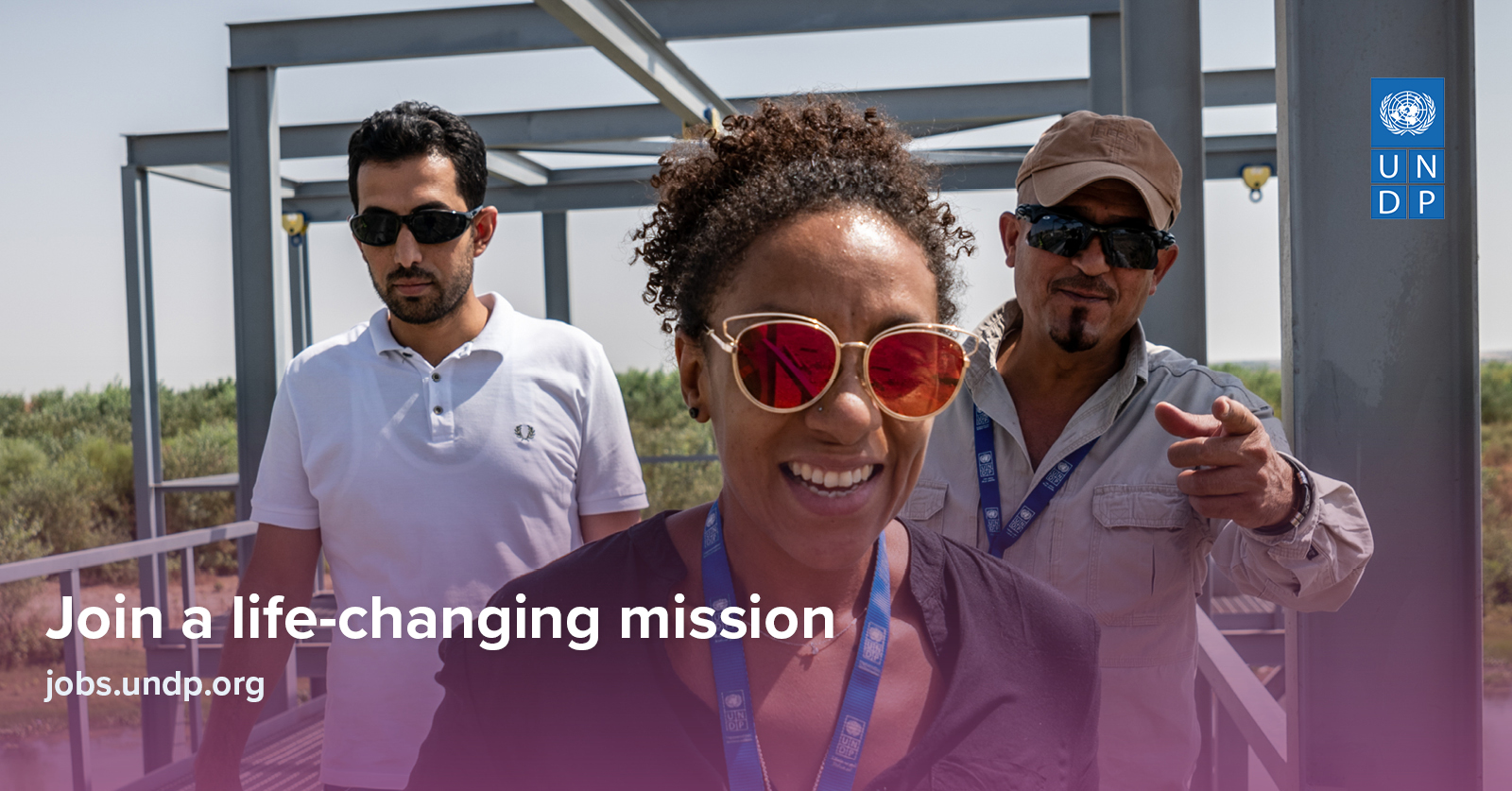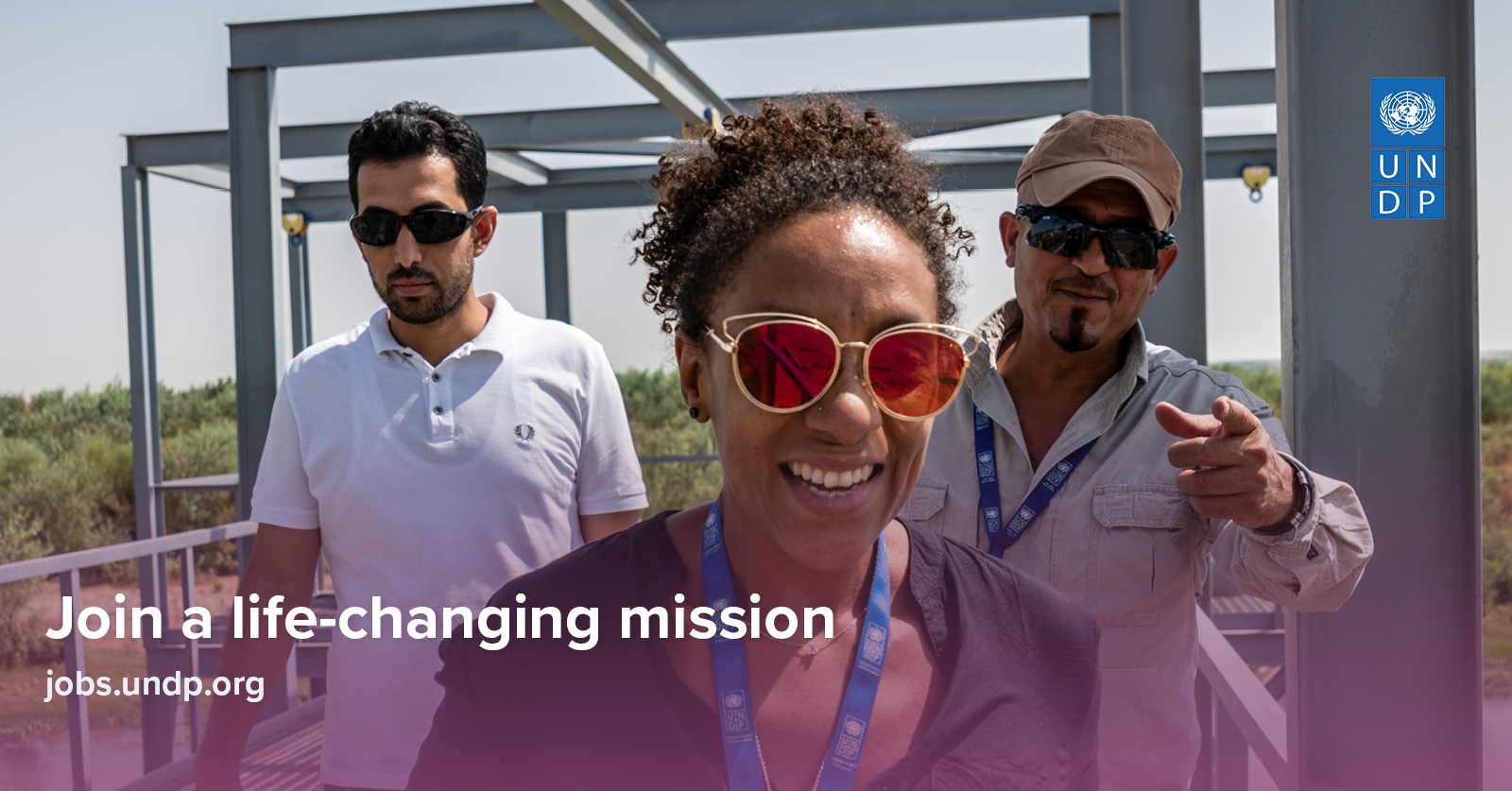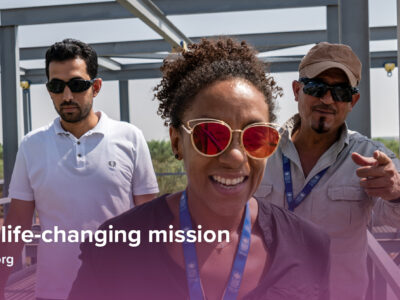
BACKGROUND
At the 59th Session of the UN General Assembly, Member States, in adopting the Triennial Comprehensive Policy Review (TCPR) of Operational Activities for Development of the UN System called on all UN organizations to: “mainstream gender and to pursue gender equality in their country programmes, planning instruments and sector-wide programmes and to articulate specific country-level goals and targets in this field in accordance with the national development strategies”.
As a direct follow-up to the TCPR, and to ensure a comprehensive response to many of its recommendations, the UN Development Group (UNDG) created a Task Team on Gender Equality as a sub-group of the UNDG Programme Group. The goals of the Task Team are: to support more consistent and coherent action among UNDG member agencies to mainstream gender equality and promote women’s empowerment at the country level; and to ensure that gender equality and women’s empowerment are mainstreamed into the tools and processes that emerge from the UNDG for UN Country Teams (UNCTs).
In 2008, a gender scorecard system was created following the recommendations of a background paper on accountability mechanisms in UNDG agencies commissioned by the UNDG Task Team on Gender Equality -which found that “there is no agreement on what constitutes a minimum level of actions to support gender equality”. The UN SWAP formed another part of the accountability framework, focusing on the implementation of the policy at the entity level.
The QCPR calls for the United Nations development system to expand and strengthen the use of the Gender Scorecard as a planning and reporting tool for assessing the effectiveness of gender mainstreaming in the context of the common cooperation frameworks -formerly UNDAF (OP 83).
Madagascar enters in a new UNSDCF cycle in July 2021. While joint efforts weren’t spared to ensure that the Common Country Analysis (CCA) and UNSDCF document take into account the country current situation on gender equality, challenges and lessons learned from the previous cycle, the planning exercise allowed for the identification of room for improvement in UN capacities and effectiveness on gender. Key weaknesses are linked to structural, system gaps that affect progress on the gender agenda in country, like (i) the lack of systematic and up to scale data collection on gender and gender inequalities, (ii) the absence since 2015 of a National Policy on Gender Equality outlining the vision and strategy of Madagascar on gender, and (iii) reduced national resources allocated for gender across sectors, which result in a high dependency from donors and partners to advance on priorities for gender equality and the empowerment of women and girls.
But year 2021 and the start of the new UNSDCF 2021-2023 also happen in a momentum where there’s growing mobilization of the Government, civil society and partners around gender. The elaboration of a GBV-specific Decree to enable the implementation of the recent GBV law 2019-008, the ongoing process to update the National Policy for Gender Equality and to elaborate a law on gender equality, the organization of the Forum Generation Equality that saw the creation of 6 coalitions of action and the engagement of Madagascar Government for gender equality and the fight against GBV, created a wave of interest and commitment on accelerating action for gender equality.
MAIN OBJECTIVES OF THE ASSIGNMENT
The main objective of this consultancy is to enhance UNCT capacity on incorporating and addressing gender aspects in planning, implementation, monitoring and evaluation across all sectors and agencies/entities in the context of the implementation of the UNSDCF in the Decade of Action.
In addressing this main objective, the expert will also need to ensure that gender is duly incorporated in the nexus between humanitarian and development efforts, and will advise on key aspects for ensuring that UNCT humanitarian actions and support to Government in the response to emergencies address crucial aspects on how the gender divide is exacerbated by ongoing crises (Covid-related health and socio-economic impacts, drought and nutritional emergency in the South, etc), including higher exposure to multiple forms of gender based violence, abuse and exploitation.
SPECIFIC OBJECTIVES
This assignment will require:
- the conduct of the UNCT SWAP Gender Equality Scorecard exercise and assessment of the effectiveness of the UN Country Team in gender mainstreaming, promotion of gender equality and women’s empowerment, in particular in relation to the implementation of the UNSDCF 2021-2023, completed by an action plan for improvements, collective as well as specific to different sectors and UNCT members. Purpose of the exercise:
- To assist UNCTs in identifying areas in which they are meeting or not meeting minimum UNDG requirements on Gender Equality.
- To stimulate a constructive dialogue within the UNCT about the current status of support for gender equality and women’s empowerment and how it can be improved.
- To identify where technical assistance can support the achievement of minimum requirements.
- To share good practice in supporting national priorities to advance gender equality and women’s empowerment.
- To suggest an action plan on how to effectively support gender equality and women’s empowerment in Madagascar (including strategic priorities based on an updated theory of change, concrete key measures to increase sustainable impact, as well as the identified complementarities/synergies with other development partners) including opportunities and entry points for mainstreaming gender and include the development of gender specific project components, gender responsive targets and indicators, and timelines.
Results from the scorecard exercise will inform the UNSDG Information Management System (IMS) in UNINFO.
- The assessment of UNCT capacities on gender, in particular in relation to the implementation of the UNSDCF 2021-2023, followed by the preparation and implementation of a capacity strengthening plan. Purpose of the exercise:
- To thoroughly assess current in-house capacities on gender, by level/sector/member;
- To formulate a capacity development plan covering the UNSDCF period and aimed at ensuring deeper ownership of the subject and enhanced competencies to include the gender dimension in programme design, implementation, M&E;
- To develop a learning package for the UNCT, to ensure that capacity building can be replicated at least once a year for all staff.
- The implication of UNCT in supporting the Government of Madagascar in the review of the National Gender Policy (NGP) and other key legislative and strategic documents aimed at strengthening institutional capacities on gender and accelerating progress on the gender agenda. Purpose of the exercise:
- to coordinate joint UNCT action to assist the Government of Madagascar in updating and formulating key legislative and policy documents on gender equality: the NGP, the legislation on EWM, the update of the National Strategy against GBV etc…
- to prepare a UNCT Gender Strategy and Action Plan 2021-2023[1], detailing UNCT vision, approach, priorities and resources for gender equality
- To advise and provide technical support to the RC, UNCT, HCT and the PSEA Task Force to enhance the implementation of the joint PSEA action plan.
[1] Within this UNCT Gender Strategy and Action Plan 2021-2023, UNCT support to the implementation of the UPR, UN Security Council Resolution 1325 and other treaty body obligations shall be captured.










Comments